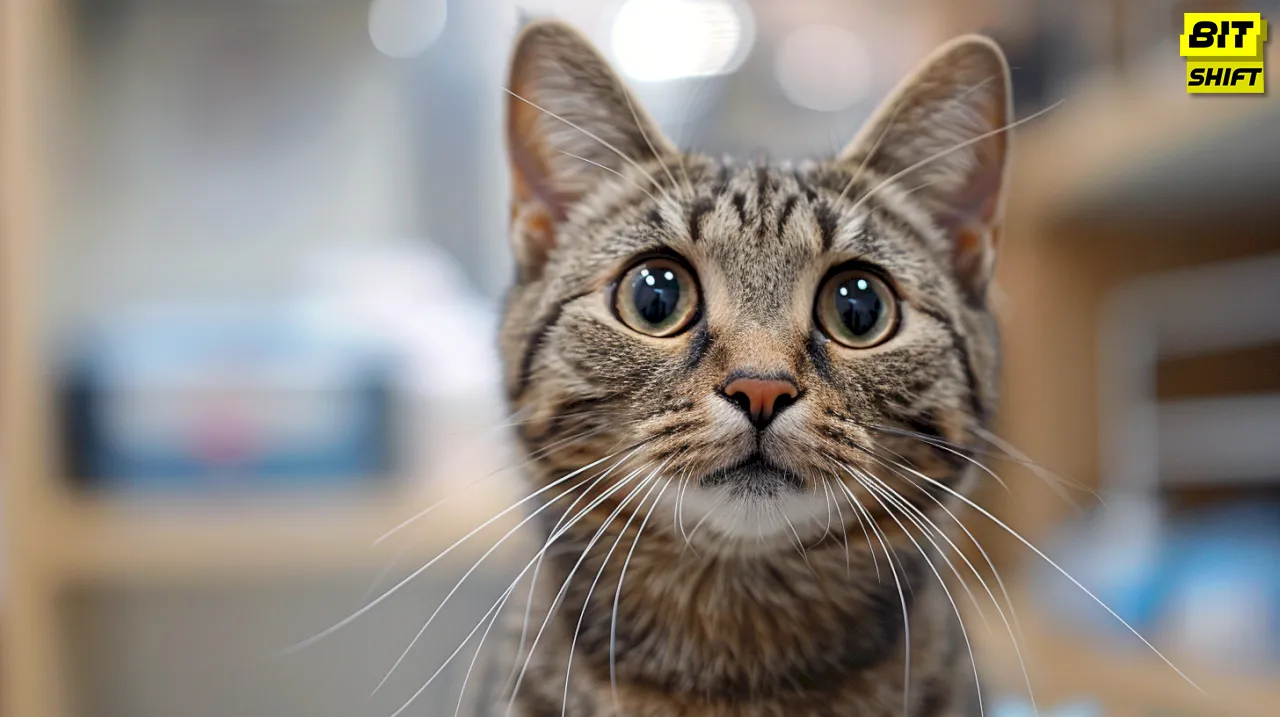
Microchipping your cat is the best way to ensure that it can be reunited with you if your pet goes missing.
England Enforces New Microchipping Law for Cats
As of Monday, a groundbreaking piece of legislation mandates that all cats in England aged 20 weeks and older must be microchipped and registered in a database. This new law affects all cats, even those that are kept indoors. Failure to comply within 21 days can result in a fine of £500.
High Numbers of Unchipped Cats
The RSPCA (Royal Society for the Prevention of Cruelty to Animals) has reported that despite these impending changes, one in ten cats entering their centers is not microchipped. A survey conducted by Cats Protection revealed that approximately 1.9 million cats in England had yet to be microchipped. Alarmingly, owners of about 300,000 cats were unsure if their pets were microchipped.
Understanding the Microchipping Process
Microchipping involves quickly and simply inserting a small chip under the animal’s skin. This chip contains a unique code assigned to the pet, which can be scanned and matched with the owner’s contact details stored in a database. Despite the new legislation in England, microchipping is not yet legally required in Scotland, Wales, or Northern Ireland.
Expert Opinions on Microchipping
Vet Rory Cowlam, an RSPCA ambassador and CBBC presenter, emphasized the importance of microchipping:
“The thought of a pet going missing and never being able to find them is a pet owner’s nightmare, which is why microchipping is so important. Having microchipped many animals myself, I can assure you it’s quick, easy and is the best way to ensure that if your pet does go missing, or becomes injured, they can be reunited with you.”
Impact on Cat Welfare
The RSPCA believes this new legislation will significantly improve cat welfare, help locate missing pets, and reduce the abandonment of animals. Last year alone, the charity reported over 7,500 abandoned cats, and over 1,500 so far this year. Microchipping can be performed by a vet or at a local rescue and rehoming center, typically costing between £20 and £30. The owner is responsible for updating the database if they move or change their contact details.
Common Misconceptions About Microchipping
Recent research from Cats Protection indicates that some cat owners believe microchipping is unnecessary because their pets do not go outside or do not wander far. Madison Rogers from the charity highlighted the importance of microchipping, stating:
“Some owners think they are never going to go through the trauma of losing their pet cat, but in the last year 115,000 pet cats in England went missing and never returned home so this is much more common than people think.”
Conclusion: The Importance of Microchipping
In conclusion, the new law requiring cat microchipping in England represents a significant step forward in pet welfare. Ensuring all cats are microchipped and registered increases the likelihood of reuniting lost pets with their owners. Despite some owners’ misconceptions about the necessity of microchipping, the data clearly shows that it is a crucial measure for safeguarding our feline friends. If you are a cat owner in England, now is the time to ensure your pet is microchipped and registered for their safety and to avoid substantial fines.
Share the Article by the Short Url:





